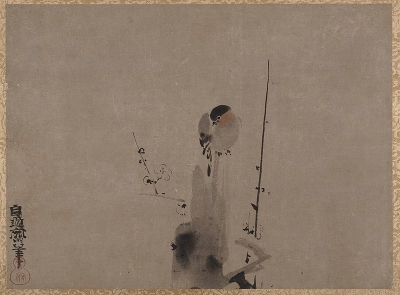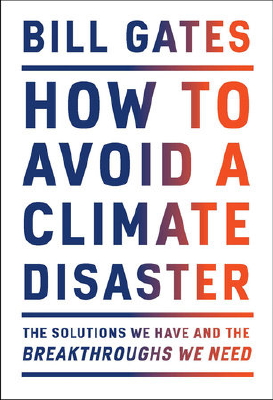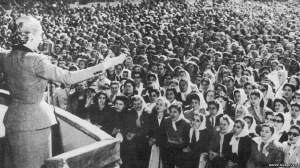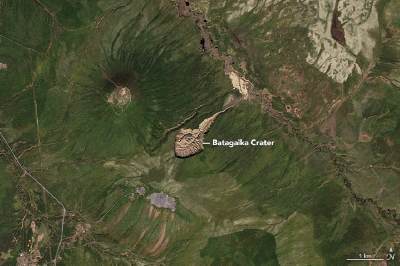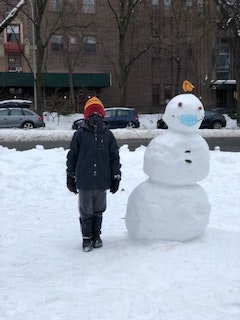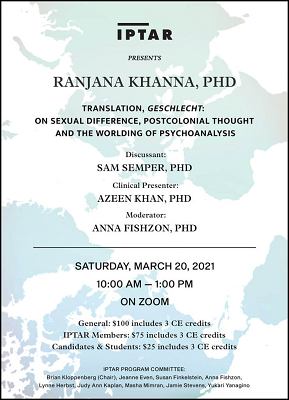CAP Speaker Series at IPTAR Attachment, trauma and the body: Diverse applications of the Mirror Interview
Dr. Miriam Steele will present a central area of psychodynamically informed research at the New School’s Center for Attachment Research: Use of the ‘Mirror Interview’ (Kernberg, Normadin, & Buh-Nielsen, 2006). This unique empirical assessment of aspects of body representations including body esteem, levels of coherence and reflective functioning, verbal and non-verbal expressions of affect has been used to explore intergenerational transmission of body representations from mothers to daughters and for adolescents with personality disorders. Dr. Steele will introduce the Mirror Interview and describe the clinical implications of charting the intersection between body and attachment representations. Presenter: Miriam Steele, PhD, is Professor of Psychology, at the New School for Social Research where she co- directs (with Dr. Howard Steele) the Center for Attachment Research. They are the editors of The Handbook of Attachment-Based Interventions. She is also an Anna Freud Center trained psychoanalyst. Discussant: Francesca Schwartz, PhD, is Associate Director, at CAP.
To reserve Zoom spot, RSVP (by February 28th 3pm) segoodman@optonline.net
